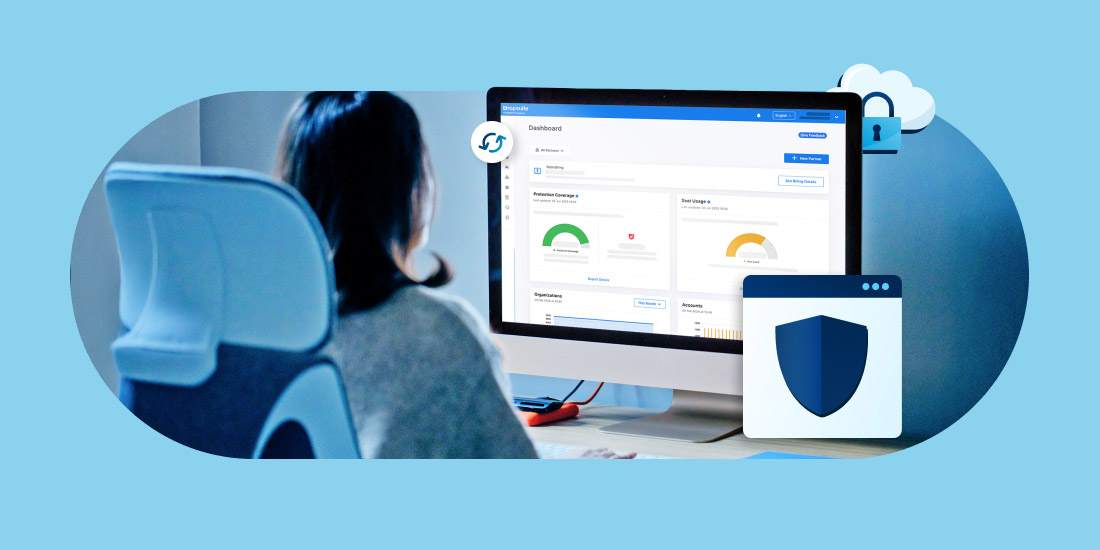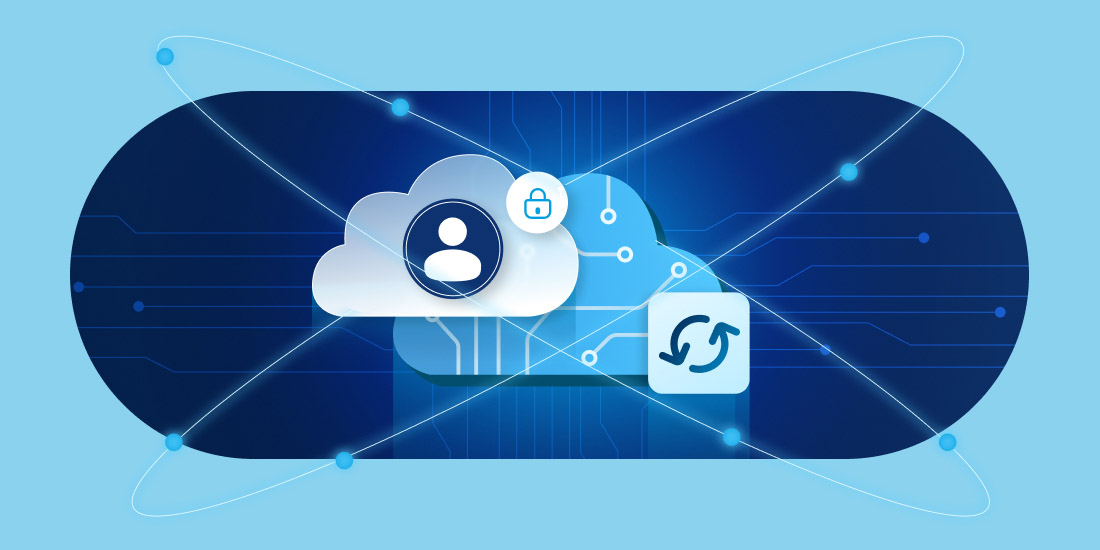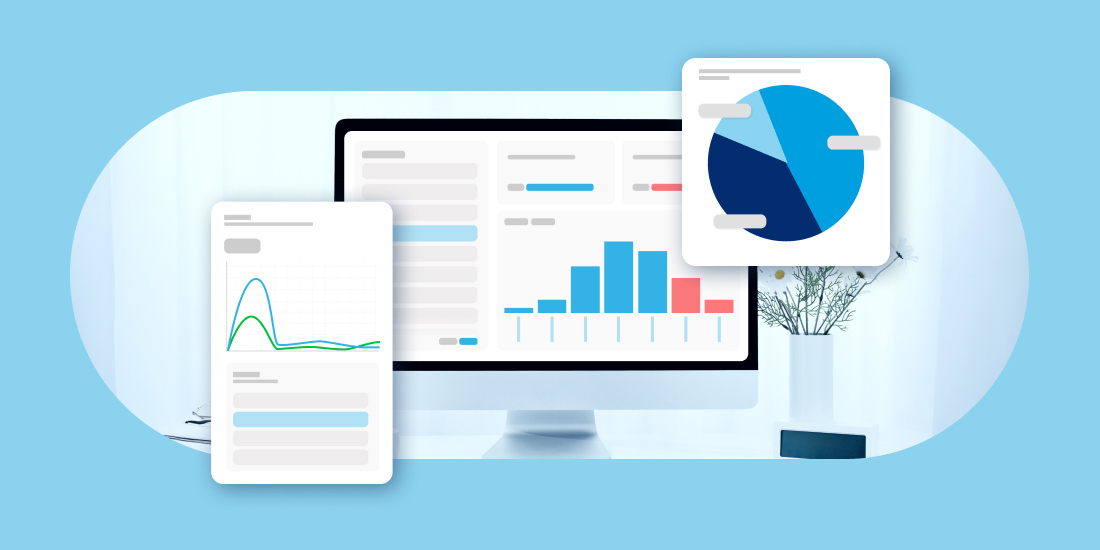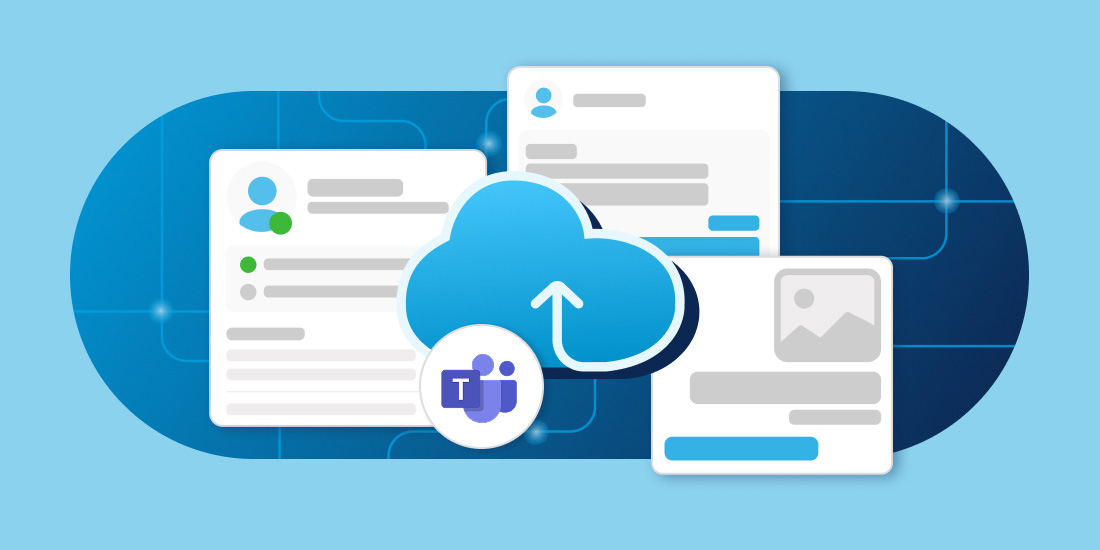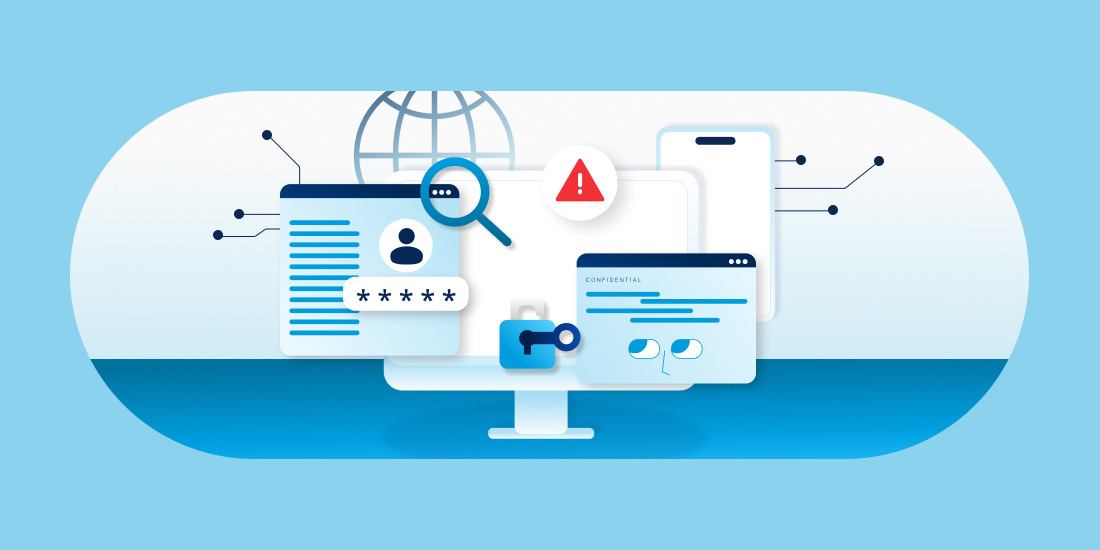Estimated Reading Time: 4 Minutes
Table of Contents
As a Managed Service Provider (MSP), your small and mid-sized business (SMB) clients rely on you to protect their most valuable asset: data.
In today’s digital-first landscape, SMBs are facing an unprecedented wave of challenges. Cyber threats are becoming more sophisticated, regulatory requirements are increasing in complexity, and operational risks from lawsuits or data loss can destabilize a business overnight.
What is a data breach? A data breach occurs when sensitive, confidential, or protected information is accessed, disclosed, or stolen by unauthorized parties. This can include personal data, financial records, or trade secrets, and its consequences can be devastating for SMBs.
According to recent studies, 94% of SMBs have experienced at least one cyberattack, and Verizon’s 2023 Data Breach Report shows that 74% of breaches involved the human element, including “error, privilege misuse, use of stolen credentials, or social engineering.”
With rising risks and tightening privacy regulations—75% of the global population will be subject to modern data protection laws by 2024—businesses must act now to safeguard their operations.
Data backup and archiving solutions are no longer optional; they are essential. By proactively addressing vulnerabilities such as data breaches, legal risks, and compliance challenges, you can position yourself as an indispensable partner in your clients’ long-term success.
This blog explores three key vulnerabilities SMBs face—data breaches, lawsuits, and compliance risks—and how MSPs can use data backup and archiving solutions to address these issues and build trust with their clients.
1. Data Breaches: Protecting Your Clients from Cyber Threats
The Reality of Data Breaches
While high-profile data breaches involving Fortune 500 companies dominate the headlines, SMBs are often seen as easy targets for cybercriminals due to limited resources and less mature security practices.
According to a study from Accenture, 43% of cyberattacks are aimed at small businesses, and yet, only 14% are adequately prepared to defend themselves. The reason is simple: SMBs often lack the resources and robust defenses of larger enterprises, making them prime targets for cyberattacks.
Why SMBs Are Vulnerable:
- Limited Security Budgets: Many SMBs underinvest in cybersecurity, leaving critical vulnerabilities unaddressed.
- Lack of Awareness: Employees may fall victim to phishing schemes or social engineering due to inadequate training.
- Dependence on Legacy Systems: Older IT systems often lack the latest security patches and updates.
- Third-Party Risks: SMBs frequently partner with vendors who may inadvertently expose their systems to additional risks.
The Impact of a Data Breach
For SMBs, a data breach can have severe financial and operational consequences, threatening business continuity.
The average cost of a data breach reached $4.88M globally in 2024, according to IBM. Even smaller breaches can result in significant losses due to legal fees, compliance penalties, and remediation costs.
The 2023 MOVEit breach exposed nearly 100 million individuals and cost Progress Software $2.9 million in immediate response efforts. With 58 class-action lawsuits and an SEC investigation underway, the long-term financial and reputational damage continues to grow, highlighting the staggering costs of a large-scale cyberattack.
For SMBs, even minor breaches can quickly escalate into overwhelming expenses, underscoring the critical need for proactive data protection and cybersecurity measures.
Key Consequences:
- Loss of Critical Data: Irreplaceable customer records, intellectual property, and sensitive business information can be permanently lost.
- Financial Losses: Downtime caused by ransomware or other attacks leads to lost revenue, operational disruptions, and recovery costs.
- Customer Trust and Retention: Breaches erode trust, leading to customer churn and reputational damage.
- Legal Fees and Penalties: Non-compliance with data protection regulations can result in hefty fines and legal action.
How MSPs Can Help
As an MSP, your role in preventing and mitigating data breaches is crucial. Here’s how you can leverage Dropsuite’s backup and archiving solutions to protect your clients:
- Proactive Data Protection: Ensure client data is backed up regularly and securely using advanced encryption protocols like Dropsuite’s AES 256-bit encryption.
- Ransomware Recovery: With quick and precise recovery capabilities, you can restore data to its pre-attack state, minimizing downtime and mitigating damage.
- Comprehensive Coverage: Protect Microsoft 365, Google Workspace, and Entra ID configurations in a centralized backup repository for simplified data protection and recovery efforts.
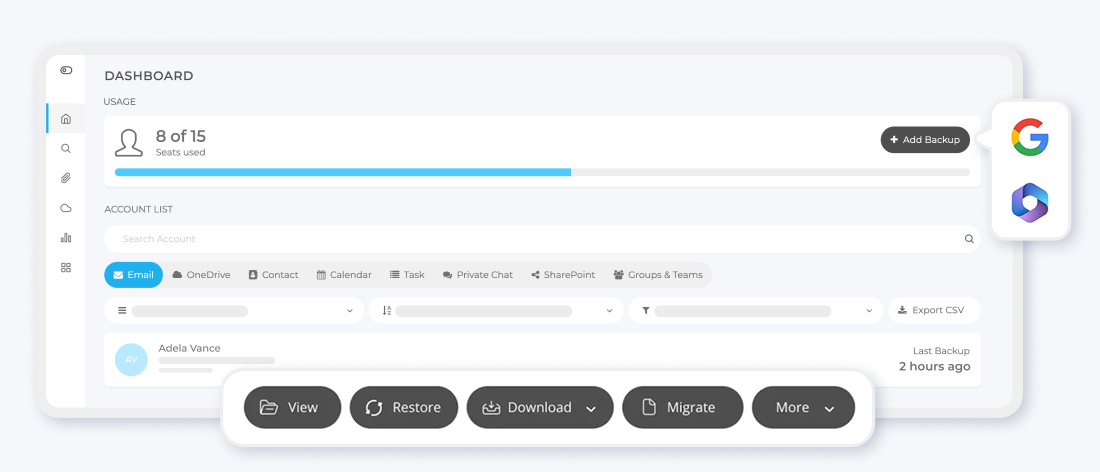
By offering these services, including robust identity protection with Entra ID Backup, you can shield your SMB clients from the devastating impacts of data breaches while solidifying your reputation as a trusted partner.
2. Lawsuits: Reducing Legal Risks
Legal challenges, whether from employee disputes, contract disagreements, or compliance violations, can overwhelm SMBs.
Common Legal Risks:
- Employee Disputes: Discrimination and wrongful termination lawsuits are among the most common claims filed against SMBs.
- Contractual Disputes: Poorly documented agreements can lead to costly settlements.
- Regulatory Non-Compliance: SMBs in industries like healthcare or finance face added scrutiny and penalties for failing to comply with legal regulations.
The Financial Impact for Your Clients
Legal disputes cost SMBs an average of $54,000-$91,000 per case. Beyond monetary losses, these challenges consume time and resources, disrupt operations, and tarnish reputations.
How MSPs Can Help
MSPs can mitigate legal risks for their SMB clients by enabling better documentation and faster retrieval of critical data through backup and archiving solutions.
- Streamlined E-Discovery: Dropsuite’s advanced search capabilities allow clients to locate key records, emails, or files quickly during legal disputes.
- Legal Holds: Preserve essential data securely during ongoing litigation to comply with court requirements.
- Improved Documentation: Automated retention policies ensure that SMBs maintain thorough records, reducing risks related to missing or incomplete information.
By offering these capabilities, MSPs help SMBs confidently navigate legal challenges and reduce the financial and operational burden of litigation.
3. Compliance Risks: Navigating Complex Regulations
What is compliance?
Compliance refers to the process of adhering to legal, regulatory, and industry-specific standards that govern the handling, protection, and retention of data. For SMBs, maintaining a compliance management system is critical to avoid fines, protect reputations, and ensure business continuity.
The Rising Importance of Compliance
Today, 75% of the global population is expected to be covered by modern privacy regulations. As a result, SMBs face increasing pressure to comply with standards like GDPR, HIPAA, and NIS2. Non-compliance can lead to severe fines, revoked licenses, and reputational damage.
High-Stakes Consequences:
- Fines Under GDPR: Penalties can reach as high as €20 million for severe violations.
- Audit Failures: Regulatory audits can be both time-consuming and costly for SMBs without proper documentation.
- Reputational Harm: Clients and customers lose trust in businesses that fail to safeguard their data.
How MSPs Can Help
MSPs are perfectly positioned to support SMBs in navigating complex compliance requirements. Dropsuite’s compliance-focused tools simplify data management while reducing risks.
- Centralized Data Management: Collect and secure client data from multiple platforms in a single, compliant repository.
- Flexible, Automated Retention Policies: Tailor data retention and deletion policies to meet industry-specific requirements.
- Audit Trails: Dropsuite provides built-in reporting tools that make regulatory audits faster and easier for clients.
By addressing compliance challenges, MSPs not only reduce risks for their clients but also strengthen their role as essential advisors in today’s data-driven world.
Going Forward: The MSP Advantage with Dropsuite
MSPs play an indispensable role in protecting SMBs from vulnerabilities that could disrupt their businesses. By leveraging Dropsuite’s comprehensive suite of backup, archiving, and compliance solutions, MSPs can:
- Protect Against Data Breaches: Secure client data, recover quickly from attacks, and reduce downtime.
- Strengthen Legal Preparedness: Streamline eDiscovery, preserve records, and reduce litigation risks.
- Navigate Compliance with Ease: Automate retention policies, centralize data, and simplify audits.
Empower Your Clients Today
With Dropsuite, MSPs can deliver unmatched value to their SMB clients while building long-term trust and revenue opportunities. Contact us today to see how Dropsuite can help you protect and empower your clients. Additionally, we offer MSPs access to a free trial of NFR (Not for Resale) licenses to test Dropsuite within your own organization.
